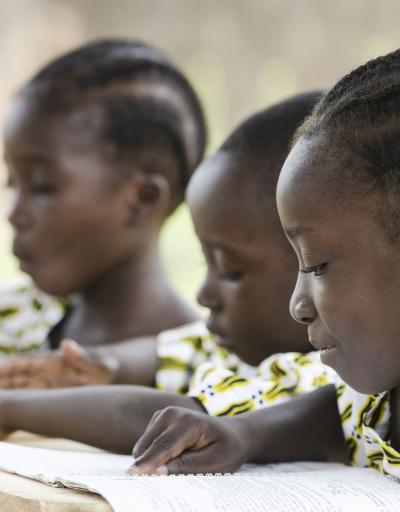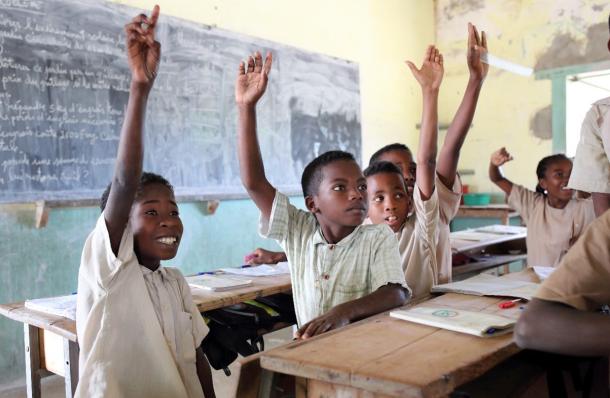
Clarifying the role of non-state actors in education

What is the role of non-state actors in education?
The provision of education is the primary responsibility of the state. This is reaffirmed by the rights-based Incheon Declaration and the Education 2030 Framework for Action, among other instruments.
Where education is provided by non-state actors, states need to ensure educational freedom and that everyone is able to receive quality education on an equal basis. More information. Public education remains the first priority, as the UNESCO Convention against Discrimination in Education explains that private educational institutions should be in addition to those provided by the public authorities and must conform with government-approved standards.
Involvement of non-state actors can expand education opportunities and innovate teaching and learning methods. However, their involvement should not weaken or replace the public sector, precisely to guarantee the freedom of choice. In addition, the freedom to establish educational institutions is not absolute, its exercise should not lead to any form of discrimination or create inequality.
In an interview Prof Ann Skelton shares her views on the pros and cons of private and public education in Africa.
UNESCO works to ensure that non-state actors have a space to contribute to educational objectives in full conformity with international human rights law. Through a project between UNESCO HQ, UNESCO IIEP and other partners, Methodological Guidelines are being pilot tested to guide Member States in planning to implement the right to education with a special focus on non-state actors.
Resources:
- Report: Overview of the role of private providers in education in light of the existing international legal framework, UNESCO, 2015
- Reports of the UN Special Rapporteur on the right to education:
- The implementation of the right to education and Sustainable Development Goal 4 in the context of the growth of private actors in education, 2019
- Public private partnerships and the right to education, 2015
- Protecting education against commercialization, 2014
- Privatization and the right to education, 2014
- GEM report:
- Country profiles on regulations of non-state actors in education
- Non-state actors in education 2021/2. Who chooses? Who loses? , 2021
- Blogs on non-state actors
- A growing consensus on banning profit-making and commercial practices in education, 2022
- Non-state actors in tertiary education: a shared vision for quality and affordability?, 2022
- Youth report 2022: Non-state actors in education: who chooses? who loses?, 2022
Home schooling
Home schooling, for practical concerns such as location, or philosophical, religious or political reasons, is gaining interest particularly following the COVID-19 pandemic when many parents had their first experience of it. Other more concerning reasons to favour home schooling include dissatisfaction with academic instruction or the school environment, despite state obligations to ensure quality education and learning.

While international human rights law does not make explicit reference to home schooling, it does provide for the rights and obligations which all types of education, including home schooling, should respect.
Those general rights, which apply also to home schooling, oblige states to:
- Respect educational freedom, which consists of two elements:
- Liberty of parents/guardians to ensure education which conforms to their own religious and moral convictions
- Liberty of parents/guardians to choose institutions, which provide education that conforms to the aims of education and state-approved minimum education standards
- Respect that parents/legal guardians have the primary responsibility for the upbringing and development of their child, taking into account their best interest.
UNESCO provides support to states seeking to regulate home schooling provision and ensure the respect of international human rights norms.

